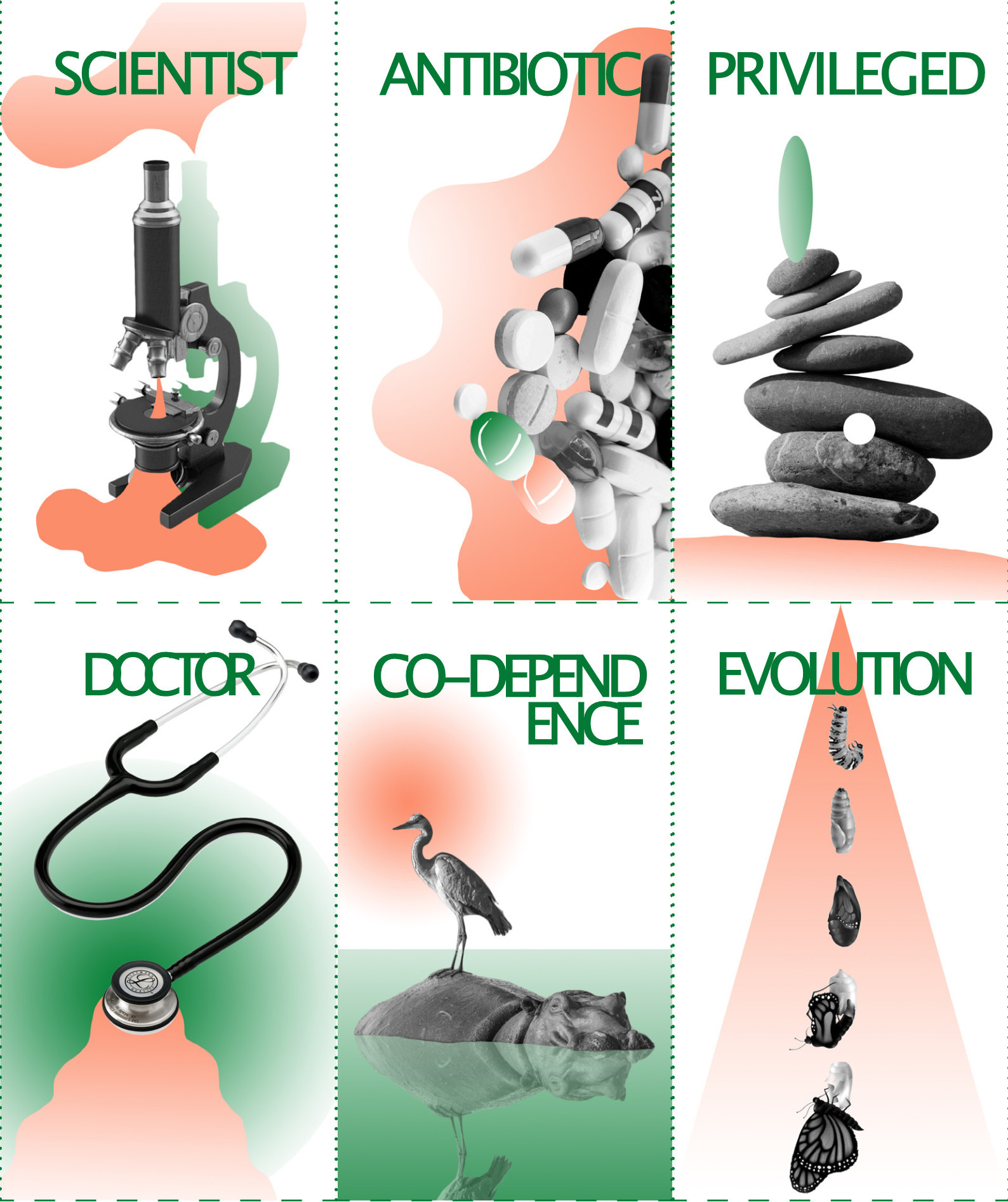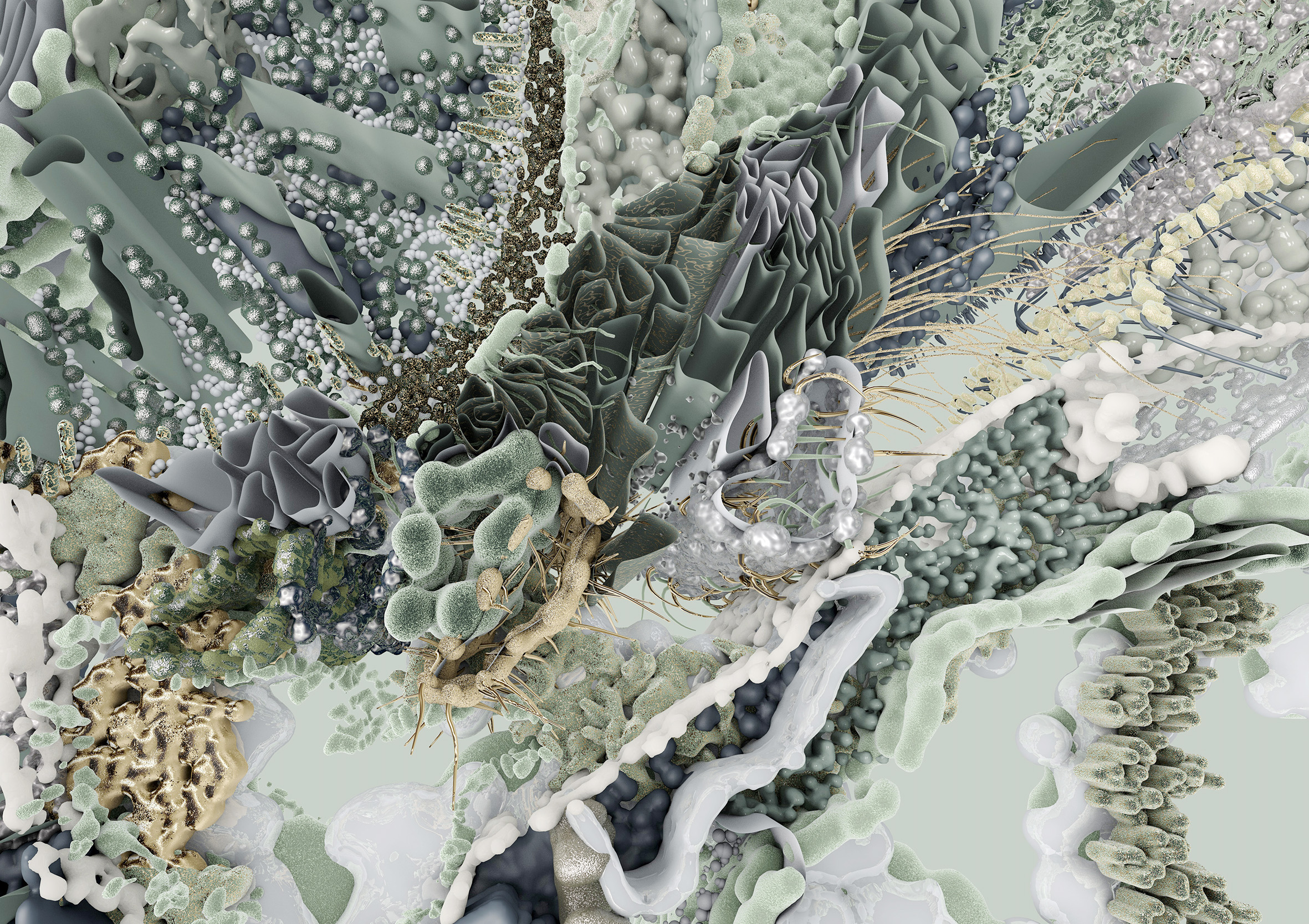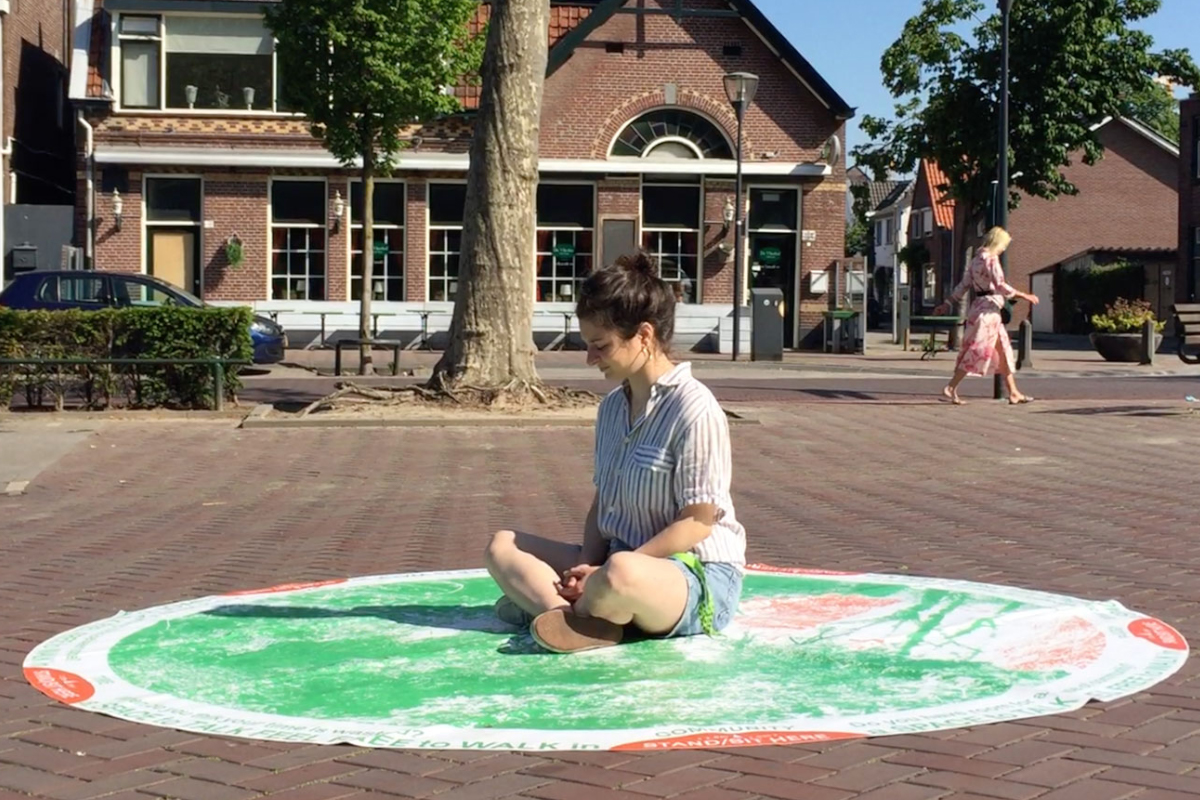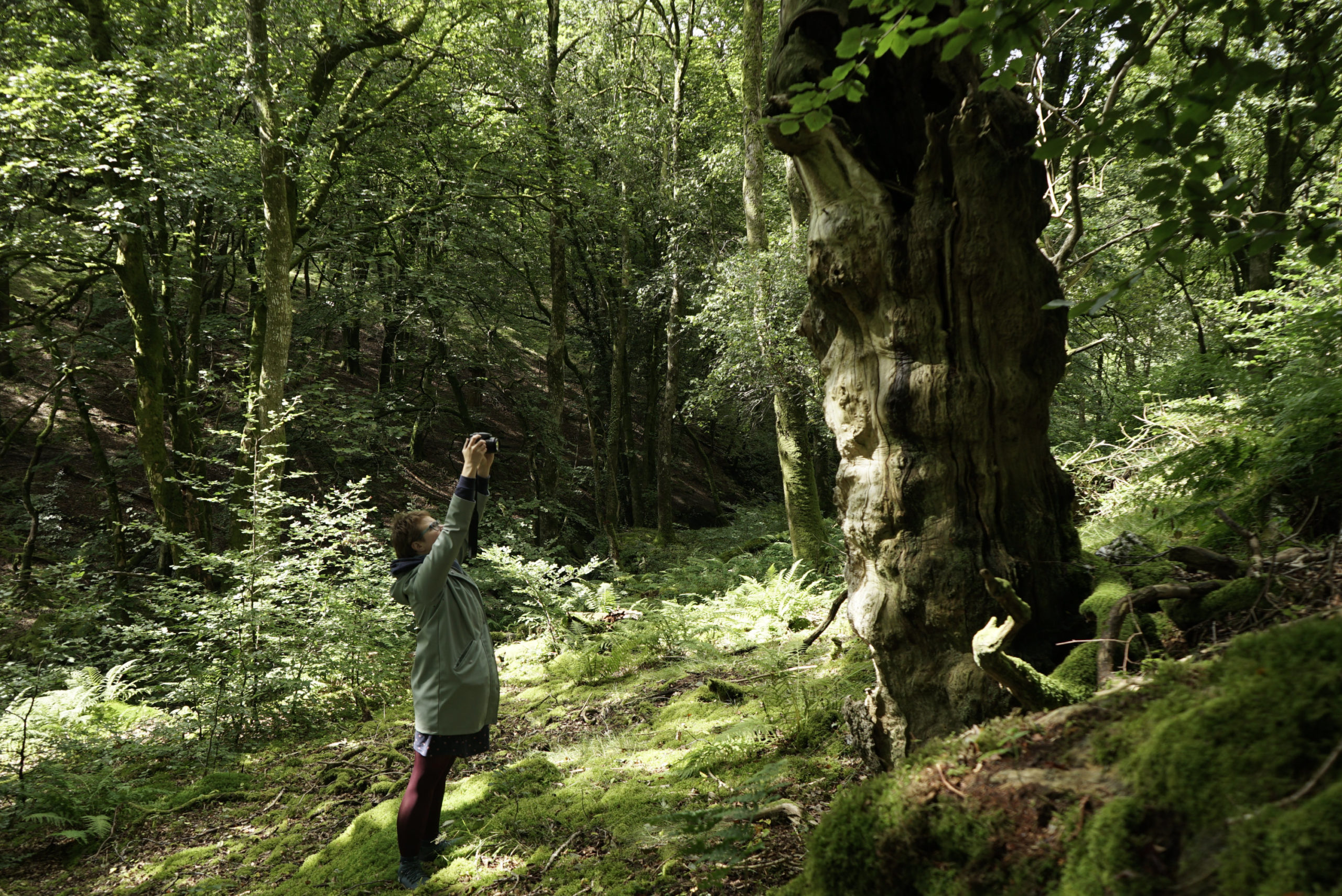Collaborations
Empowering Tools – RIBOCA & HIAP & NAC Collaboration
Update / 1 September 2022
The Empowering Tools learning kits are now online! The kits are available in English, Finnish, Latvian and Russian (and some in Ukrainian).
Browse the learning kits here: Riga Biennial Repository of Knowledge
* * * * * * * * * * * *
Empowering Tools is a residency collaboration between RIBOCA (Rīga International Biennial of Contemporary Art), HIAP (Helsinki International Artist Programme), and NAC (Nida Art Colony of Vilnius Academy of Arts) during the year 2022.
The residencies are aimed at artists, architects, designers, musicians, educators, and practitioners from other disciplines interested in engaging in the fields of art education and mediation. The purpose of the residencies is to develop learning kits for the Riboca Repository of Knowledge online platform that can be freely used by teachers, pupils, young adults, students and parents. The learning materials will be made available in Latvian, Lithuanian, Finnish, Russian, and English.
The residents’ work at HIAP is supported by HIAP staff as well as artists Andrew Paterson and Michaela Casková.
Following four learning kits are under development at HIAP:

Aga Pokrywka
multidisciplinary artist and scientist | Helsinki, Finland
https://www.supereclectic.team/pokrywka
Learning kit working title: Ferment Radio
My work merges interdisciplinary art and science practices, including fermentation, speculative design, and participatory approaches. I’m fascinated by how we comprehend the invisible and capture it with our senses, whether it be microbes, celestial bodies, or systemic structures. I’m currently working, among other things, on Ferment Radio, an experimental podcast series on micro and macro transformations. Together with artists, chefs, activists, researchers, scientists, bakers, hackers, and people of the most diverse cultures and backgrounds, I explore the microworld as a metaphor and inspiration for a multispecies co-living.
In the Empowering Tools project, I will reframe Ferment Radio’s main topics to develop a learning kit for teenagers binding together DIY microbiology experiments as a metaphor to comprehend complex global issues.
 Aiste Ambrazeviciute
Aiste Ambrazeviciute
digital artist | Kaunas, Lithuania
https://www.behance.net/ambrazeviciute
Learning kit working title: Lichen ways of knowing
The project I work on is a continuation of my research in the field of forest tectonics. Currently, I am interested in designing the Grammar of Lichens with the multiple questions and discourses I want to address. My methods of work are based on studying lichen ecosystems and finding there knowledge which is lacking in the architectural and design practices. I explore the methods and arts of noticing by investigating multifaceted lichen diversity. I believe these symbiotic organism-ecosystems are great mentors to start questioning our ways of living and creating.
 Martina Eddone (in collaboration with Margherita Via)
Martina Eddone (in collaboration with Margherita Via)
visual designer | Eindhoven, the Netherlands
https://fullvoids.info
Learning kit working title: Full Voids
Full Voids project investigates how representations of the urban landscape influence the way we co-habit it. The first edition of the project, in June 2021, consisted of a series of representations of a neighbourhood in Eindhoven, used to trigger reflections and unconventional interactions among people as well as between people and spaces. The aforementioned spaces are full voids: spaces in-between, generally overlooked, undefined, where non-humans can eventually take over. Often regarded as exceptions in the use of the communal space, here they become starting points to imagine alternative ways of dwelling in the city together; spaces for explorations in ecological awareness and respect.
Full Voids – Empowering tools edition is the first collaboration of Martina and Margherita. Taking the moves from Martina’s project on ecosystem representation, they will design a modular activity to produce a collective representation of a space (e.g. a school, a neighbourhood where the school is located). The activity is supposed to have four units, also available individually, that ideally aim to the following general pedagogical goals: visual literacy, ecological awareness, self-governance and sociocracy.
 T.S Anna & Adri Schokker
T.S Anna & Adri Schokker
visual artists, curators and organizers of cultural and educational events | Groningen, the Netherlands
https://theforest.earth
Learning kit working title: ViewPoints (a learning kit based on ‘A Forest’)
We would like to develop digital tools and methods for conversation that encourage active outdoors exploration and observation of the natural environment. This toolkit grows out of our “A Forest” path and includes digital tools like macro photography, 3D scanning, virtual reality and online archiving. The methods for conversation focus on creating a safe space to share each others findings in the process, but equally important – each others emotions and concerns regarding topics like climate change, climate anxiety and personal relationship with the planet we breathe in and out. It is especially this last part that we are discovering and are currently actively working on in our practice.
* * * * * * * * * * * *
Residents at NAC / Nida Art Colony
Reyhaneh Mirjahani
visual artist and artistic researcher | Gothenburg, Sweden
http://www.reyhanehmirjahani.com
Johanes Santoso Pribadi (Mo’ong)
experimental music composer, instrument builder and workshop facilitator | Vilnius, Lithuania
https://www.instagram.com/moongsoul
Laura Garbštienė
conceptual art, interdisciplinary exploring the traditional, rural, nature conservation and global processes | Lithuania
http://www.mmcentras.lt/authors/laura-garbstiene/70422
Neringa Forest Architecture
architects, spatial practitioners, curators | Vilnius and Nida, Lithuania
https://www.instagram.com/forestparts/?hl=en
Gabriele Gervickaite (Gabo)
artist, educator, curator and producer | Vilnius, Lithuania
https://www.gabrielegervickaite.com
* * * * * * * * * * * *

The ERASMUS+ project RIBOCA Repository of Knowledge is co-financed by the European Union. The European Commission is not responsible for the content of this publication.
